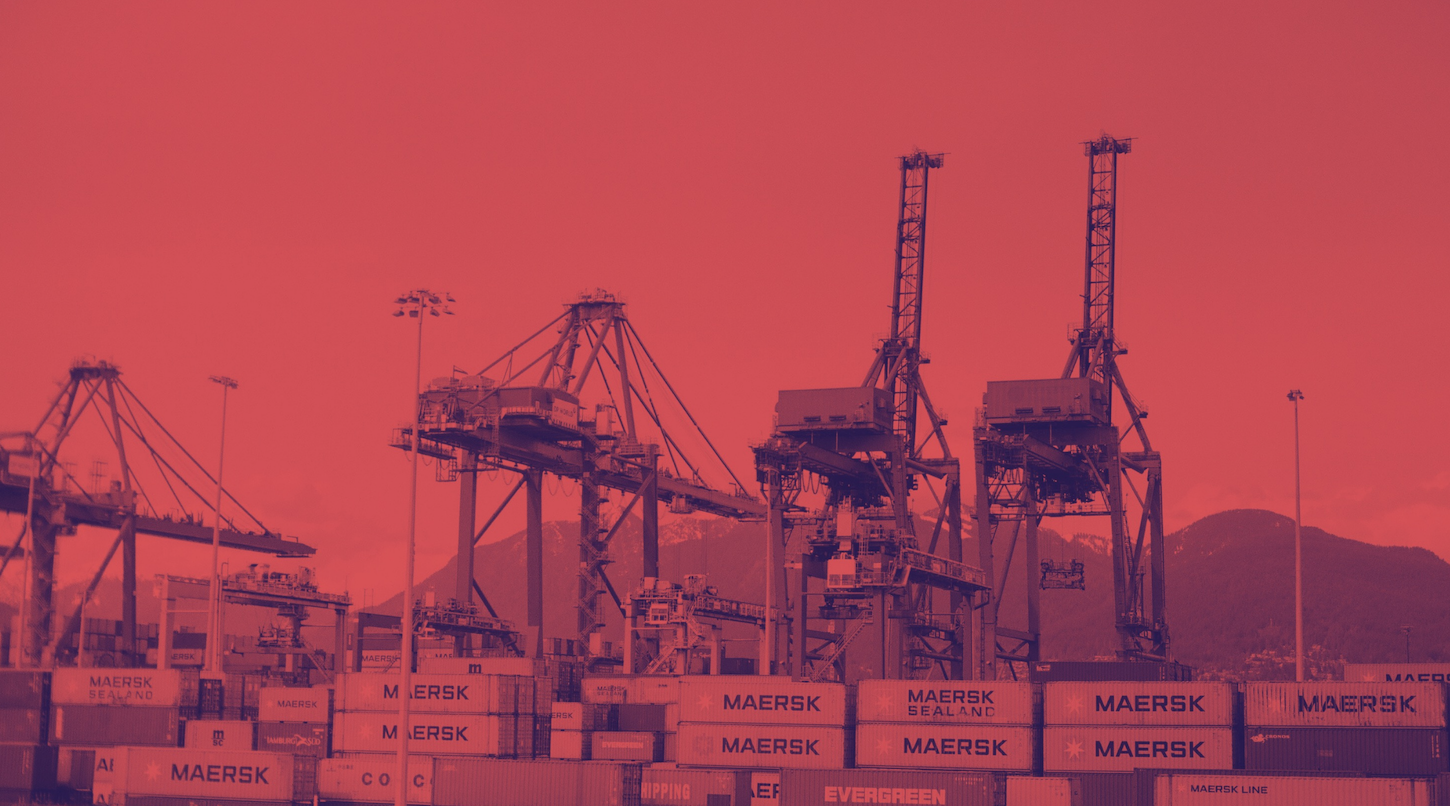
Column Series Title: The Future of European Trade: Challenges and Hopes
Written by: Maximilian Magnacca
“Living next to you is in some ways like sleeping with an elephant. No matter how friendly and even-tempered the beast, one is affected by every twitch and grunt”
Pierre Elliot Trudeau, Former Prime Minister of Canada (Ratcliffe, 2016)
The above quote comes from a renowned speech made by former Canadian Prime Minister Trudeau on the nature of Canada and the United States’ relationship. This speech’s insight and sentiment remains pertinent when looking at any power dynamic where one international partner is larger than the other. It applies broadly to many contemporary bilateral scenarios, ranging from security issues to economic policy, cultural exchanges and many more. It is essential to remember this reality, regardless of its fairness, when thinking about geopolitical and global economic relations. In particular, this dynamic should be considered when analysing the newly forming relationship between post-Brexit Britain and the EU.
It is crucial to acknowledge that economic forces have strong pulls and pushes, whilst possessing a much greater effect on ordinary individuals’ daily lives than may appear at first glance. Trade is not only an international phenomenon between countries or regional blocs, but it is also an intimately local process that materially affects almost every single citizen’s life on a daily basis. For example, when you look in your fridge or at your phone screen, you interact with composite goods from all over the world. Trade reaches deeply into our lives and connects us in a multitude of different ways. Despite increasing globalisation and the trend towards trade liberalisation, practical difficulties still remain. A particularly notable constraint is distance. A city can trade within itself, its region, the wider country or across international borders, with trade and its accompanying benefits becoming increasingly onerous to attain at each stage, as it becomes more expensive to ship and transfer goods across longer distances. This issue is less acute in relation to digital goods and services, which, by their intangible nature, can move across borders and geographic distance almost instantly. This is however, precisely where the UK-EU Brexit deal is weakest. This economic fact, known as gravity in international trade models, was the reason that the European Common Market was such an innovation in 1957. This newly formed market drastically reduced these intra-Community trade barriers to the point of non-existence, striving to facilitate faster and simpler cross-border trading within the European continent as if it were trading as one nation within a single border. The implementation of frictionless barriers provided many member states with economic booms, including Britain (Sandbu, 2020).
Yet, the UK’s 2016 decision to leave the Common Market and Customs Union to forge its own path as a “Global Britain”, uninhibited by the European Union’s regulation, raises difficulties. Regardless of this new mission’s success, the simple reality is that the UK will find itself on a weaker footing with the EU, similar to that of Canada and the US, as a natural result of geopolitical inevitability. Whilst this asymmetry is less severe compared to Canada, which trades a fifth of their GDP to the US, compared to the UK’s 13% with the EU, it will endure and present the UK with some harsh realities. (Portes, 2020). The EU will continue to be a dominant trading partner and market for British goods. The new lack of access is already reverberating across many business communities that call the UK home, with fisheries raising grave concerns about potential bankruptcy, financial trading disruptions in London, and ordinary parcels being delayed as firms get to grips with new rules, regulation standards, and paperwork (Nelson, 2021) (Carrell & Walker, 2021).
The future UK-EU relationship will take on a similar power dynamic to that of Canada and the US. The UK will catch a cold when the EU sneezes. Key social, economic, and political developments on the continent will undoubtedly affect the UK due to the EU’s proximity, size and the deeply intertwined nature of their relationship. Whilst the flow goes both ways, the question for policy-makers will become how to make this relationship more symbiotic rather than antagonistic. To ensure the success of the future relationship, policy-makers on both sides of the Channel will be required to use their considerable political nous and diplomatic capabilities to forge a new understanding of one another, similar to that which allowed for the European Economic Community and European Union to thrive with the UK as a member. Although the formal Brexit process that began on the 23 June 2016 may have concluded, as many commentators and key political actors have acknowledged, the new relationship is just beginning, with a long and unclear road ahead before true clarity and stability is achieved.
Bibliography
Carrell, S., & Walker, P. (2021, January 14). Tory MPs from fishing areas criticise government over Brexit red tape. Retrieved from The Guardian: https://www.theguardian.com/politics/2021/jan/14/mps-fishing-areas-criticise-government-brexit-red-tape
Nelson, E. (2021, January 11). A Week Into Full Brexit, the Pain for U.K. Businesses Has Arrived. Retrieved from New York Times: https://www.nytimes.com/2021/01/09/business/Brexit-British-economy.html
Portes, J. (2020, 12 15). A Canada-Style trade deal? Retrieved from UK in a Changing Europe: https://ukandeu.ac.uk/a-canada-style-trade-deal/
Ratcliffe, S. (2016). Oxford Essential Quotations. Oxford: Oxford University Press.
Sandbu, M. (2020, December 31). Exit from single market closes a chapter UK did so much to write. Financial Times.

 What Happened to the Polish Left? An Analysis of the Party’s Ideological Development and Changing Electoral Base
What Happened to the Polish Left? An Analysis of the Party’s Ideological Development and Changing Electoral Base  Struggle for Conservation of Slovenian Minorities in Austria, Italy and Hungary: Why does Multilateral Action Matter?
Struggle for Conservation of Slovenian Minorities in Austria, Italy and Hungary: Why does Multilateral Action Matter?  The Nature Restoration Law: A Significant Milestone or An Example of the EU Green Deal Losing Momentum?
The Nature Restoration Law: A Significant Milestone or An Example of the EU Green Deal Losing Momentum?  The Role of Women in Peacebuilding and Conflict Transformation
The Role of Women in Peacebuilding and Conflict Transformation 


